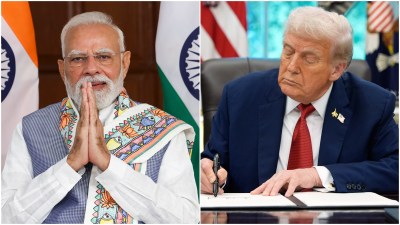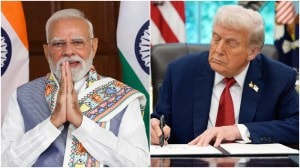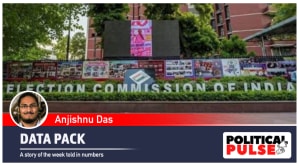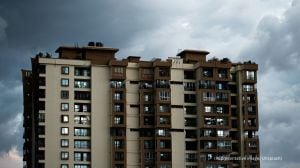Rule breach: Polls stopped at JNU
The Supreme Court on Friday ordered a conditional stay on elections to the Jawaharlal Nehru University students’ union in keeping with its tough stand on universities failing to follow the Lyngdoh committee guidelines on students’ union polls.

Lyngdoh guidelines versus JNUSU elections: apex court puts conditional stay
The Supreme Court on Friday ordered a conditional stay on elections to the Jawaharlal Nehru University (JNU) students’ union in keeping with its tough stand on universities failing to follow the Lyngdoh committee guidelines on students’ union polls.
On Tuesday, the apex court had issued notice to JNU seeking guidelines governing the ensuing elections. Today, the Bench of Justices Arijit Pasayat and Mukundkam Sharma also issued contempt notices to the JNU vice-chancellor and the registrar for not ensuring that the election process is conducted in terms of the committee recommendations.
Elections for the JNU students’ union were scheduled for November 3.
On Friday, the apex court Bench passed the directions on an application filed by amicus curiae Additional Solicitor General Gopal Subramanium. The application complained about violations of the Lyngdoh committee recommendations by the university. JNU, which follows its own constitution while conducting elections, has not been following the guidelines framed to keep criminalisation out and a check on ‘money politics’.
The university’s code of conduct for the elections clashes with the Lyngdoh committee guidelines on three grounds: age-limit set at 25 years, a qualifying criterion of 75-per cent attendance, and allowing candidates to contest for the same post again.
The Supreme Court-appointed Lyngdoh committee had in September 2006 come up with various guidelines and suggestions for smooth and orderly conduct of students’ union elections in universities across the country. Among other things, the committee went into financial transparency and limits of expenditure for students’ body polls, eligibility criteria for candidates, institution of a forum to address disputes arising from these elections as regards procedural fairness, and non-observance of norms during polls.
“It is a bad decision because the JNU students’ union has been in existence for 36 years and is running well. There is no problem in its functioning. Such decisions will disrupt its functioning. I don’t know why such matters have come under judicial purview. I don’t think the judiciary should enter such matters.”
Prakash Karat, CPI(M), JNUSU president (SFI) in 1972-73
“I don’t think a lot of money is spent in the JNU students’ union elections. When I was there, we collected Rs 10 from each student as campaigning ‘fund’. Posters were handwritten throughout the night, and students themselves pasted them.”
Digvijay Singh, JD(U), JNUSU general secretary (Students for Democratic Socialism) in 1979-80




- 01
- 02
- 03
- 04
- 05


























